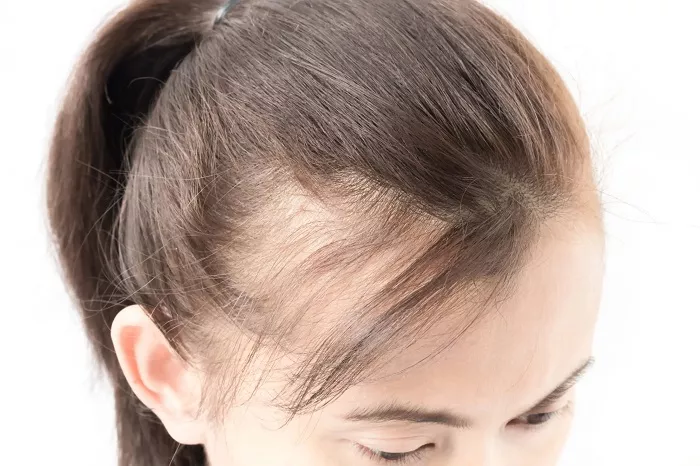A potential breakthrough in hair loss treatment is showing early signs of success. Pelage Pharmaceuticals has announced encouraging results from a Phase 2a clinical trial evaluating PP405, a topical therapy designed to treat androgenetic alopecia—commonly known as male or female pattern baldness.
The study, which included 78 adults aged 18 to 55, demonstrated that PP405 met its primary safety goals with no serious treatment-related adverse events reported. Additionally, the drug achieved its pharmacokinetic objective, with no detectable systemic absorption in blood plasma—an important milestone for any topical therapy.
Unlike traditional treatments such as minoxidil or finasteride, which address hormonal factors contributing to hair loss, PP405 targets the biological root of the problem: the hair follicle stem cells responsible for driving the natural hair growth cycle. These stem cells often remain dormant even in balding areas, offering a unique regenerative opportunity.
“What’s compelling about PP405 is that it brings scientific rigor to a space that’s needed it for decades,” said Dr. Arash Mostaghimi, Vice Chair of Clinical Trials and Innovation at Brigham and Women’s Hospital. “A well-tolerated, topically delivered therapy that shows measurable biological activity this early is rare.”
In the trial, participants were randomized to receive either 0.05% PP405 topical gel or a placebo gel once daily for four weeks. Follow-up continued for 12 weeks, and a subset of participants was enrolled in a three-month open-label extension study to assess long-term safety.
Results showed promising efficacy: 31% of men with significant hair loss experienced more than a 20% increase in hair density by week eight. In contrast, none of the placebo group reported similar growth. Even more notably, PP405 stimulated hair regrowth in previously bald areas—an outcome that suggests true regenerative potential.
“These early clinical results reinforce the potential of our approach to go beyond slowing the hair loss process and directly drive hair follicle regeneration,” said Dr. Christina Weng, Chief Medical Officer of Pelage. “We see this as a milestone in regenerative medicine.”
As the therapy moves closer to Phase 3 trials—anticipated in 2026—PP405 could become a transformative option for individuals who have seen limited success with current treatments or are seeking alternatives to hair transplant surgery. If future trials continue to show strong results, the therapy may not only slow hair loss but also offer significant hair transplant before and after-like outcomes, without the need for surgery.
Related Topics:
- Joel McHale Opens Up About 4 Hair Transplant Surgeries
- FUE vs. FUT: 6 Key Differences in Hair Transplant Methods
- Does FUE Hair Transplant Leave Scars? – Expert Answers


